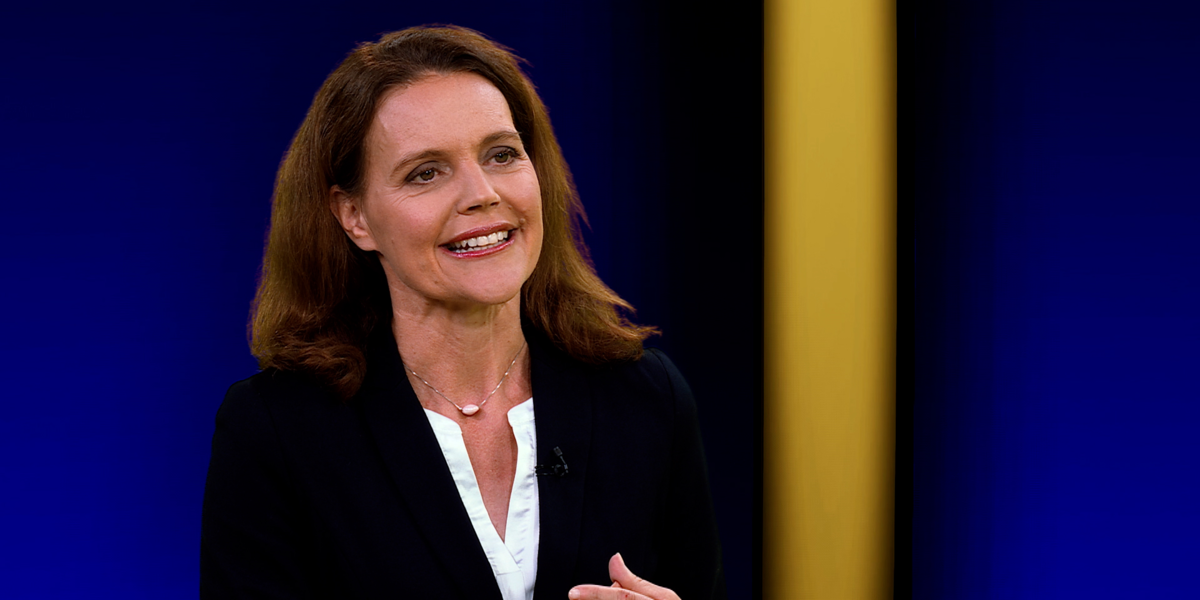Sustainable ETFs: Investing in Line with UN Goals
Companies that contribute to the so-called UN Sustainable Development Goals could become future economic drivers, says Claudia Wais. Sustainable Exchange Traded Funds (ETFs) offer investors a way to diversify their investments in such companies.

Martin Spieler: Does it make sense to purchase a passive investment product, such as an ETF, if sustainability is important to you?
Claudia Wais: Yes, absolutely. Many investors want their money to be invested in line with their sustainable values. This also applies to passive investments. For example, sustainable values can refer to the natural environment or social issues.
How can sustainability be integrated into an equity ETF, for instance?
An index fund typically replicates an underlying index. And with sustainable index funds, a sustainable index is chosen. This is based on certain so-called ESG criteria. ESG stands for Environmental, Social, and Governance. However, sustainable approaches can vary significantly. Therefore, one should look closely at how much sustainability is actually in the index fund.
How strict and sustainable are such equity index funds really, and where do investors need to make compromises?
A core characteristic of index funds is diversification. This means that there are many securities in the index fund, so the investment risk is spread across many securities. The stricter the sustainability approach, the more companies are excluded from the portfolio. This subsequently reduces diversification. Nevertheless, sustainable index funds are also well-diversified and cover a broad range of securities.
How do the recently launched sustainable equity ETFs from Zürcher Kantonalbank differ from competing products?
We have developed our own sustainability approach with a focus on the UN's development goals, the so-called Sustainable Development Goals (SDG). This means that only companies that make a positive contribution to these goals remain in the investment universe. The specific implementation is carried out with customised indices, which are calculated by an external index provider.
Can investors thus be sure they are making a positive contribution, for example, to climate protection?
The total of 17 UN Sustainable Development Goals essentially form the foundation of current and future global challenges, including climate protection. In this context, we offer our investors the opportunity to invest in a more sustainable economy, although the contribution is, of course, not directly measurable.
How successful are such sustainable equity ETFs? What can investors expect?
In the long term, we see a lot of potential for companies that focus on the UN's development goals and also offer corresponding solutions. Whether in terms of climate change, energy efficiency, water protection, recycling, or much more. We believe these companies can develop into the economic drivers of the future. Additionally, from our perspective, the resilience of such companies is generally higher, especially in times of crisis. Under these premises, we offer our investors the opportunity to invest in a more sustainable economy.
This interview was first broadcast on 11 June 2025 on TVO and on 13 June on the regional channels Tele 1, Tele M1, and TeleBärn (only in Swiss German).



